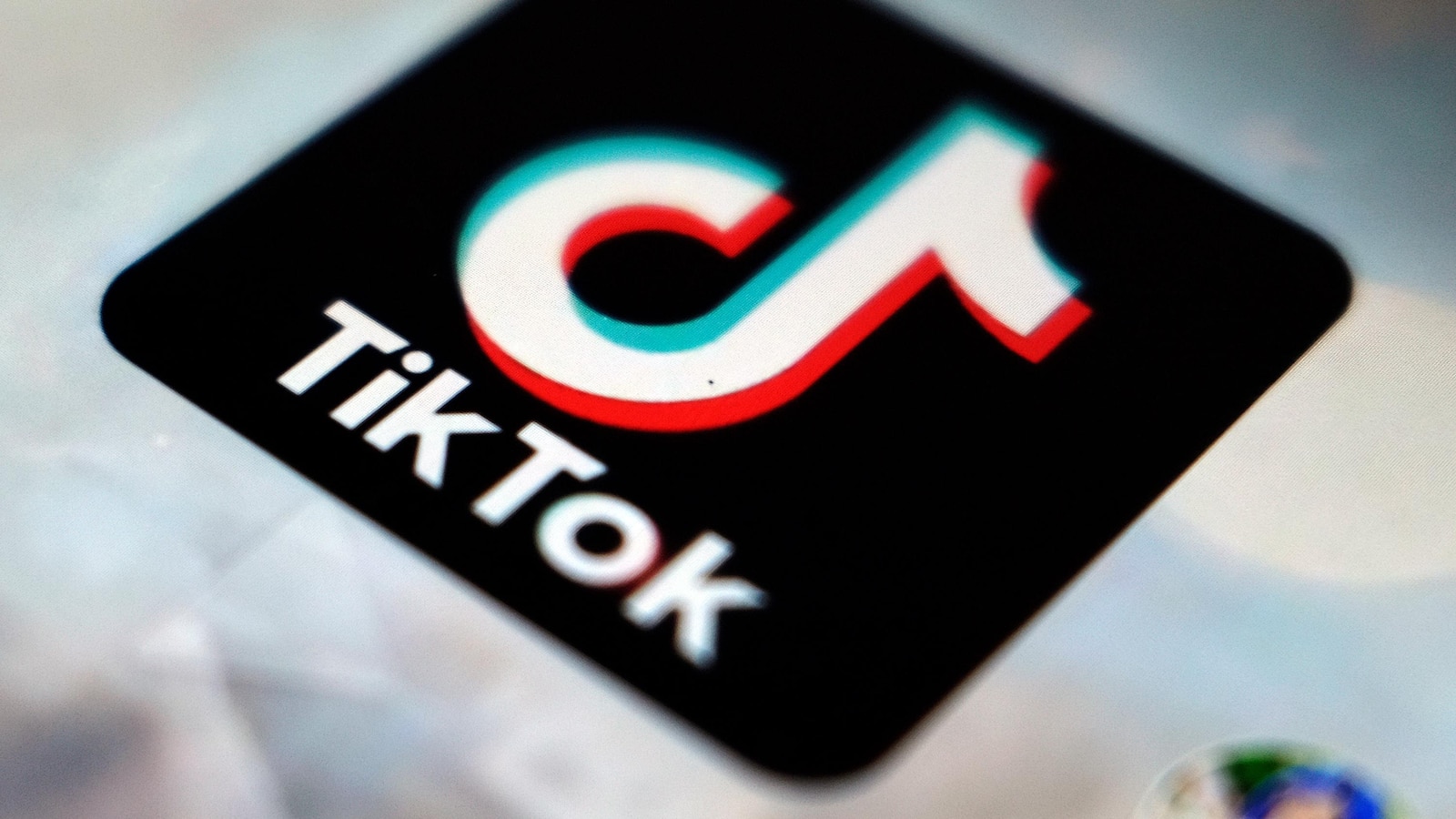Ottawa Man Charged in Data Breach: Mark Carney and Canadians at Risk
An Ottawa man, Ibrahim El-Hakim, is facing charges after allegedly accessing the personal information of former Prime Minister Mark Carney while working at RBC. Experts warn this incident highlights a growing threat to the sensitive data of Canadians, targeted by organized crime. The breach raises national security concerns, necessitating improved oversight and cooperation among Canadian law enforcement agencies.
Details of the Alleged Breach
The RCMP alleges that El-Hakim accessed several unauthorized bank profiles, including Carney's. An affidavit filed in Montreal implicates him in accessing a profile belonging to a "Justin Trudeau" on the same day as Carney’s. RBC's internal monitoring systems swiftly flagged the activity, leading to an internal investigation triggered by surveillance video.
According to the affidavit, El-Hakim admitted to creating fake banking profiles and obtaining lines of credit at the request of someone associated with a Telegram group known as AI WORLD, which the RCMP believes is linked to organized crime. He purportedly received $500 per fraudulent line of credit, totaling approximately $5,000.
Financial Losses and Broader Implications
The RCMP claims El-Hakim defrauded RBC of $68,500 by issuing and emptying fake credit cards, primarily in June of this year. This case emerges amid increasing criminal activity targeting Canadians, with fraud losses amounting to hundreds of millions annually. The Canadian Anti-Fraud Centre reports $342 million in fraud losses in the first half of the year, with $647 million lost in 2024 alone, up from $530 million in 2022 and $383 million in 2021.
Expert Perspectives and Security Concerns
Peter Routledge, head of Canada’s independent financial regulator, has cautioned that security risks are escalating due to geopolitical and technological changes. He emphasized the need for the industry to adapt to cyber threats, third-party risks, transnational criminal organizations, money laundering threats, and foreign interference. Experts point out Telegram's encryption and resistance to sharing information with law enforcement make it an attractive tool for criminals.
Eric Parent, a cybersecurity expert and CEO of EVA Technologies, suggests that the alleged connection to organized crime in the RBC case implies the involvement of multiple individuals. He also mentioned that while financial institutions like RBC have internal systems to detect suspicious activity, the rigor of those measures can vary.
Calls for Enhanced Security Measures
Christian Leuprecht, a professor at Queen’s University and the Royal Military College, stressed the need for greater collaboration between banks, law enforcement, security and intelligence agencies, and the government to prevent such activities from affecting all Canadians. Legislation enacted last year has provided the Canadian Security Intelligence Service (CSIS) with increased powers to collect information from banks, particularly in foreign interference investigations.
The Strong Borders Act, or Bill C-2, proposes further information sharing among law enforcement agencies at all levels of government. El-Hakim could face additional charges as the RCMP's investigation continues. He currently faces four criminal counts, including fraud over $5,000, which carries a maximum sentence of 14 years in prison. The allegations have not yet been proven in court, and his next court appearance is scheduled for October 1 in Ottawa.
| Key Figure | Role/Allegation |
|---|---|
| Ibrahim El-Hakim | Accused of accessing unauthorized bank profiles and defrauding RBC. |
| Mark Carney | Former Prime Minister whose personal information was allegedly accessed. |
| AI WORLD | Telegram group allegedly linked to organized crime, associated with the fraud. |
 Visit the website
Visit the website







